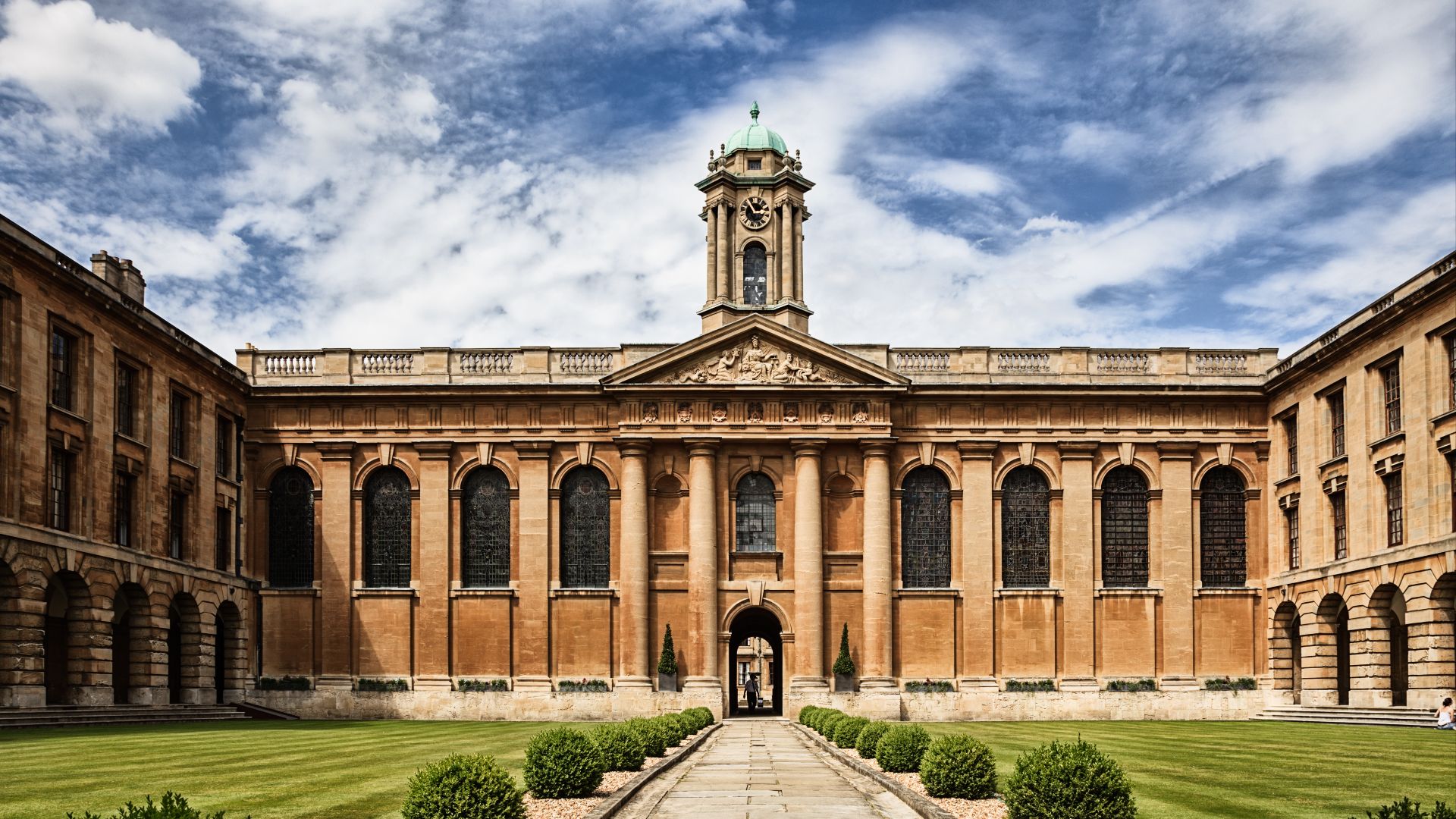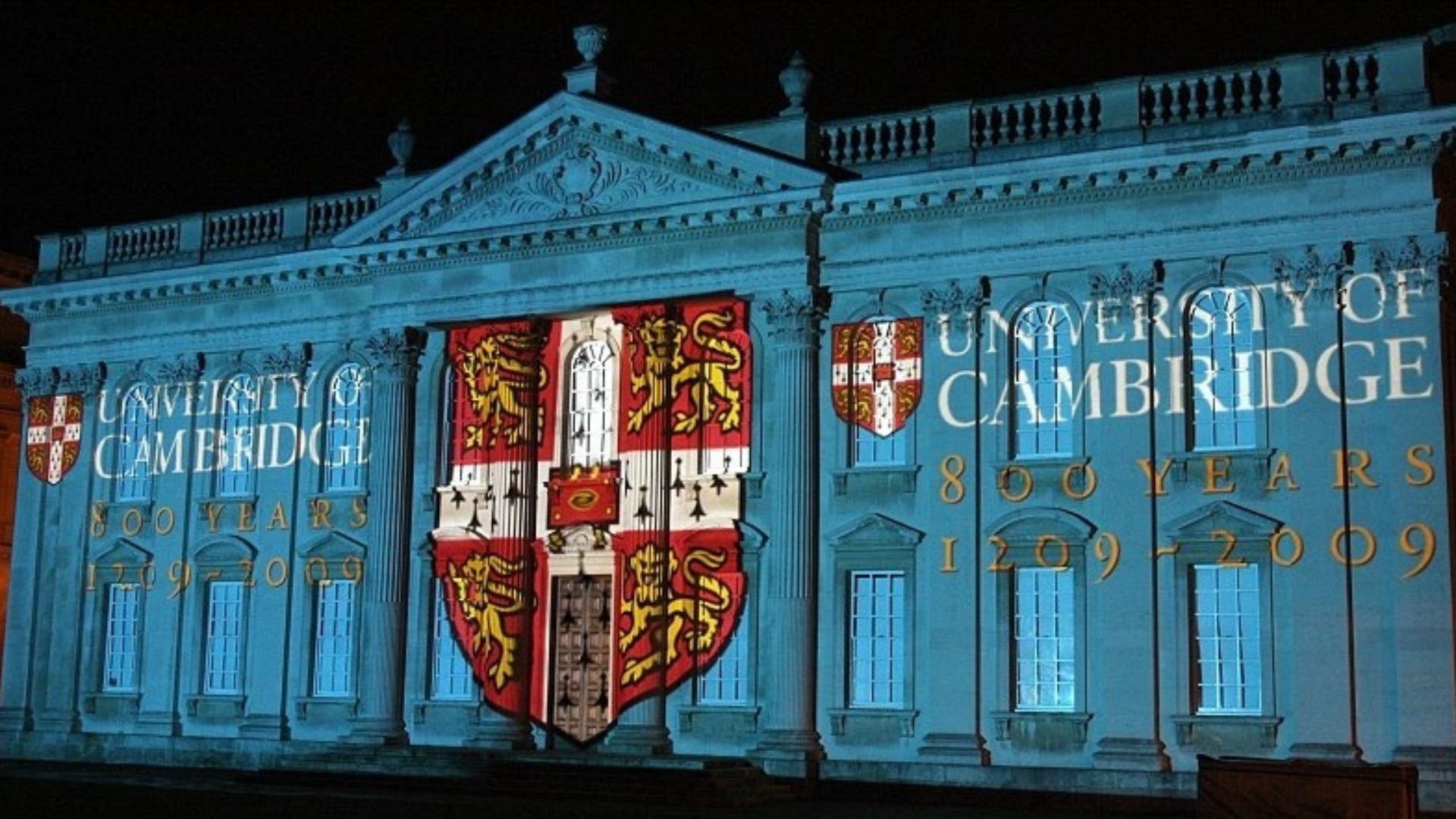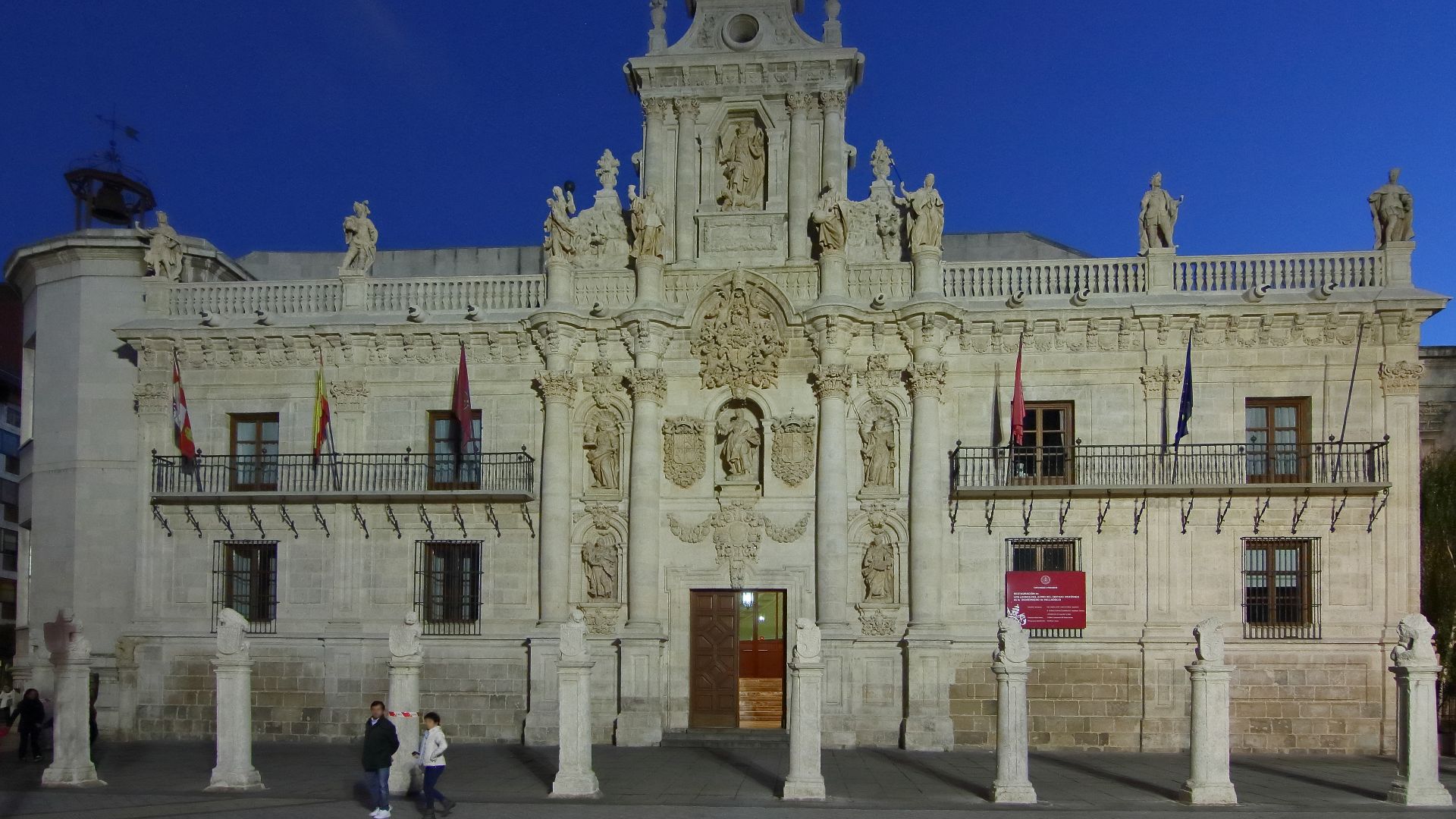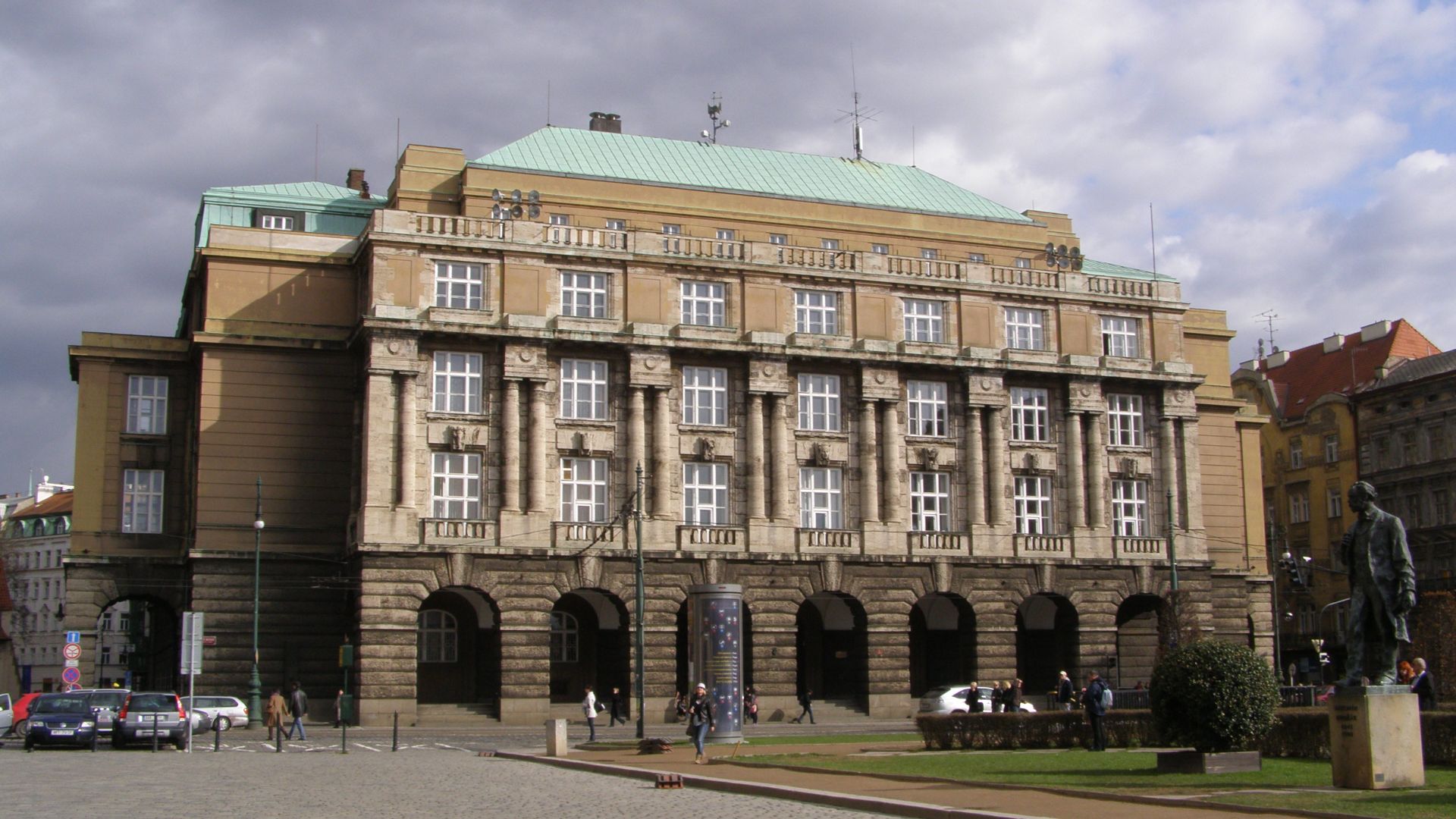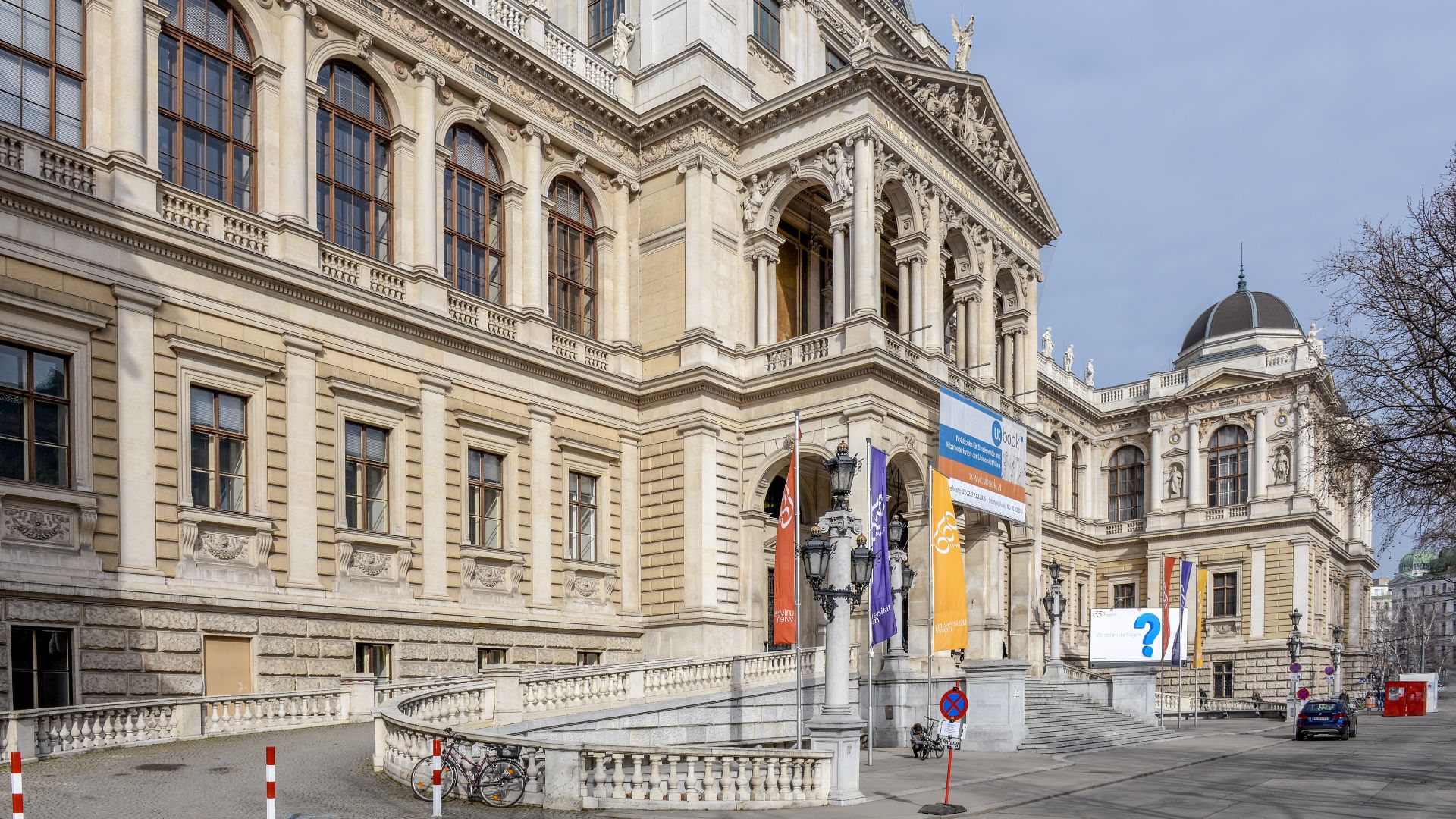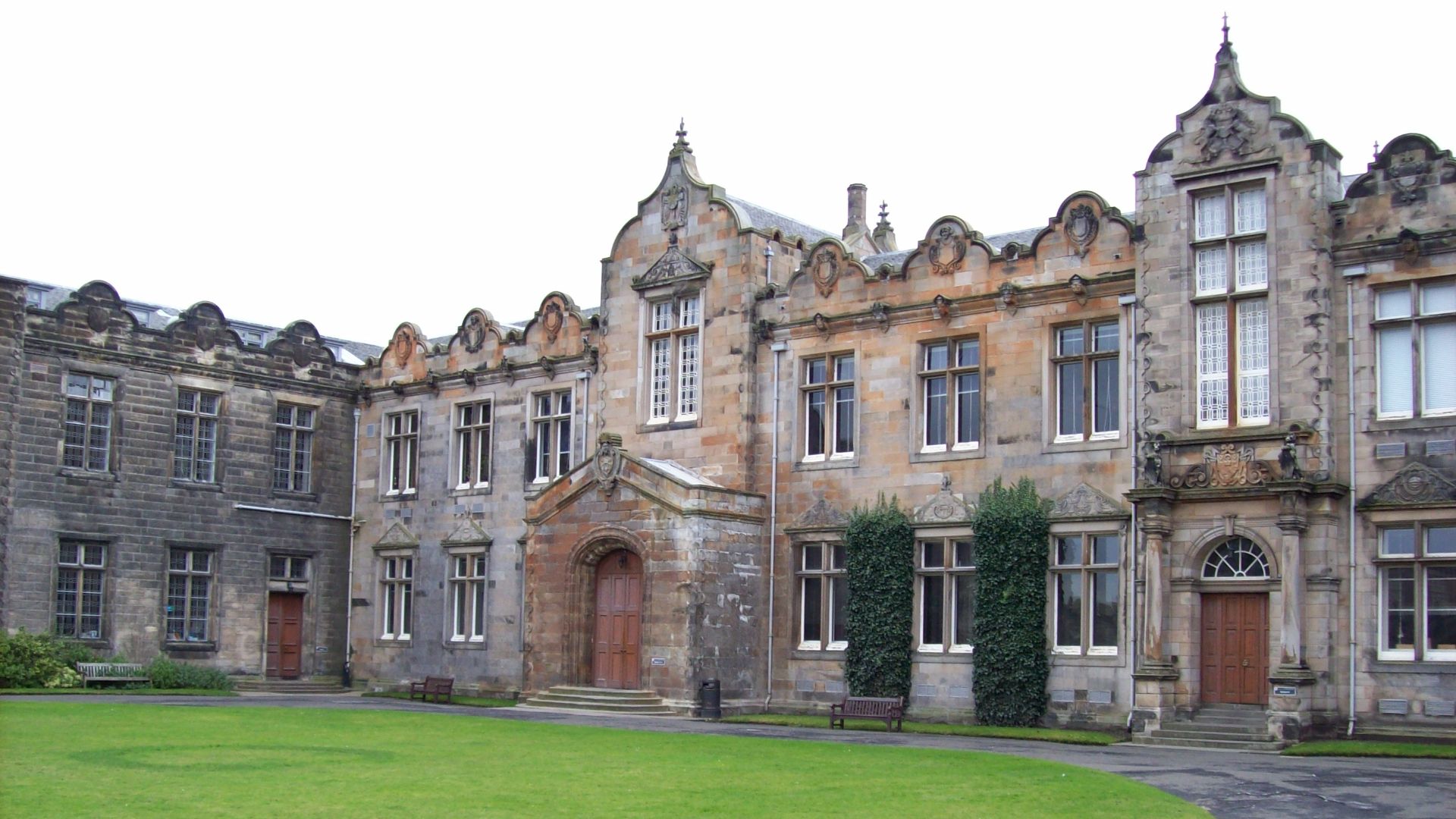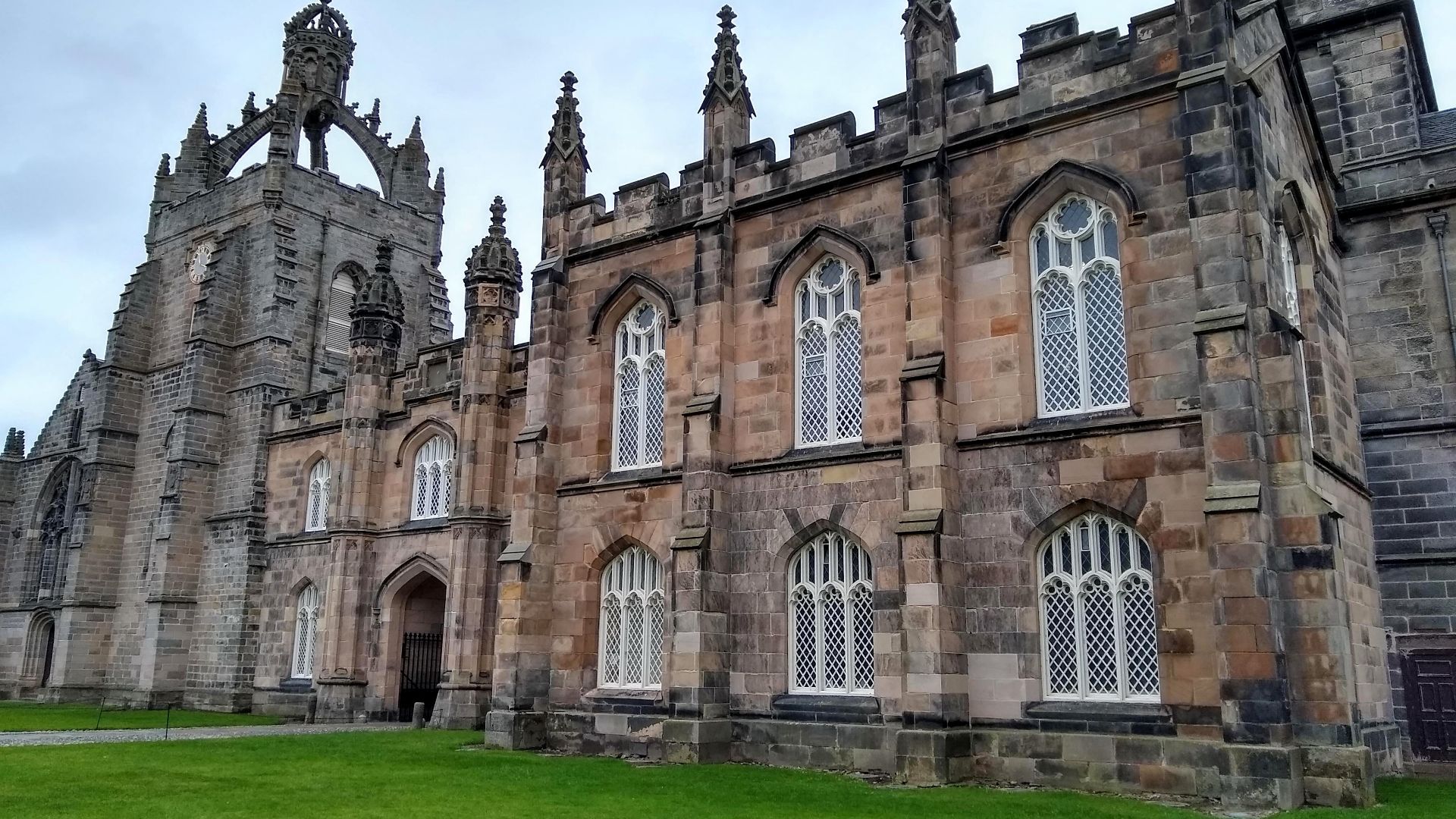The Original Study Halls
Education has come a long way, but some things remain timeless. Long before smartphones and laptops, scholars gathered under grand arches and spires to share knowledge. These institutions have witnessed the rise and fall of empires, and they remain the foundations of today’s college culture. Let’s take a closer look at the legacies they’ve created.
1. University Of Al-Qarawiyyin
In 859 CE, Fatima al-Fihri founded this institution in Fez, Morocco, setting the standard for centuries of Islamic scholarship. It offered structured degrees in grammar and law long before Europe formalized such systems. This university still operates today, making it the oldest existing and continually functioning school in the world.
2. Al-Azhar University
Students still flock to its grand marble courtyards, just like they did more than a thousand years ago. It was founded in 970 CE and quickly became a beacon of Sunni learning. Al-Azhar’s scholars shaped global Islamic thought to blend spiritual instruction with science and law in the heart of Cairo.
3. University Of Bologna
They called it a universitas before the word even existed. It set legal precedents and birthed the idea of student organizations with real power. Europe’s academic structure evolved from Bologna’s foundations. Established in 1088 CE, this university was (and still is) a model for higher education around the world.
4. University Of Oxford
Oxford began teaching students in 1096 CE, its earliest days recorded like footnotes in British history. There’s an eerie familiarity in its spired skyline and narrow cobbled lanes. Stories of Roger Bacon and Tolkien still linger in the dormitories and reading rooms of this living relic.
5. University Of Salamanca
Light flickered across dusty tomes while kings whispered about new worlds. Salamanca became a gateway to knowledge in 1218 CE, standing tall as Spain's first university. Its spirit? Part cathedral, part debate stage. Scholars here argued ethics and empire beneath vaulted ceilings that still hum with the rhythm of inquiry.
 Victoria Rachitzky on Wikimedia
Victoria Rachitzky on Wikimedia
6. University Of Cambridge
The University of Cambridge was established in 1209 CE by Oxford scholars seeking refuge. Over time, it grew into an intellectual powerhouse, producing groundbreaking thinkers like Newton and Turing. Cambridge remains a place where disciplines like math and art thrive together.
7. University Of Padua
Since its founding in 1222 CE, the University of Padua has championed intellectual freedom. Galileo once taught here, offering radical ideas that disrupted church teachings, and students were encouraged to engage in public dissections and debates. The university’s independent attitude continues to shape its academic legacy.
8. University Of Naples Federico II
This school was never built for the privileged. Instead, it welcomed those who had the passion but not the means. Established in 1224 CE by Emperor Frederick II, it remains a public university. Back then, education for all was revolutionary. Today, it’s still practicing the inclusivity it preached at birth.
9. University Of Siena
Other cities battled for power. Siena chose books. Its university opened in 1240 CE, not by royal decree but by local initiative. This was a town investing in minds. Publicly funded and proud of its independence, it proved that knowledge could be an act of community.
10. University Of Coimbra
Coimbra’s red roofs and river songs hide a much older soul. It began in 1290 CE, originally in Lisbon, before relocating to its current hilltop home. The university endured exile and upheaval. Yet its students still gather in black robes and whisper Latin in its candlelit libraries.
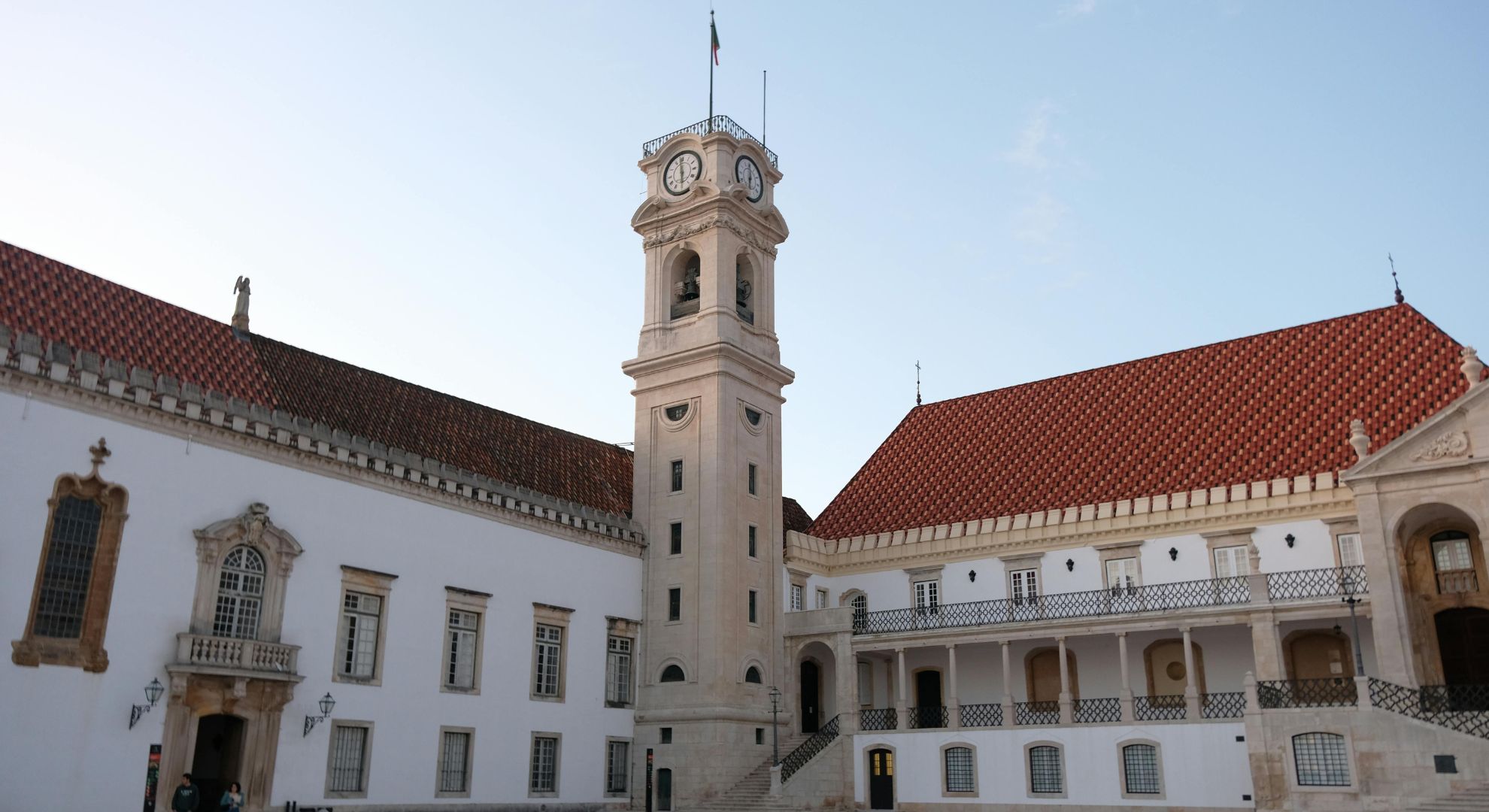 Pedro Rebelo Pereira on Pexels
Pedro Rebelo Pereira on Pexels
11. University Of Valladolid
Founded in 1241 CE, this Spanish university grew alongside the Kingdom of Castile. It’s one of Spain’s lesser-known treasures, but make no mistake. It shaped legal and musical education for centuries. Today, its charm lies in tradition wrapped in sunlight, surrounded by students walking streets once trodden by royalty.
12. Charles University In Prague
It became the first university in Central Europe, setting academic standards for centuries to come. Founded in 1348 CE by Charles IV, it offered degrees in medicine and law. This institution endured empires and revolutions yet never lost its position at the intellectual heart of Bohemia.
13. Jagiellonian University
Jagiellonian University, founded in 1364 CE, remains a cornerstone of Krakow’s academic tradition. It was within these walls that Copernicus once studied, and the university’s courtyards and libraries are steeped in centuries of history. With Polish pride and resilience, Jagiellonian still fosters intellectual growth.
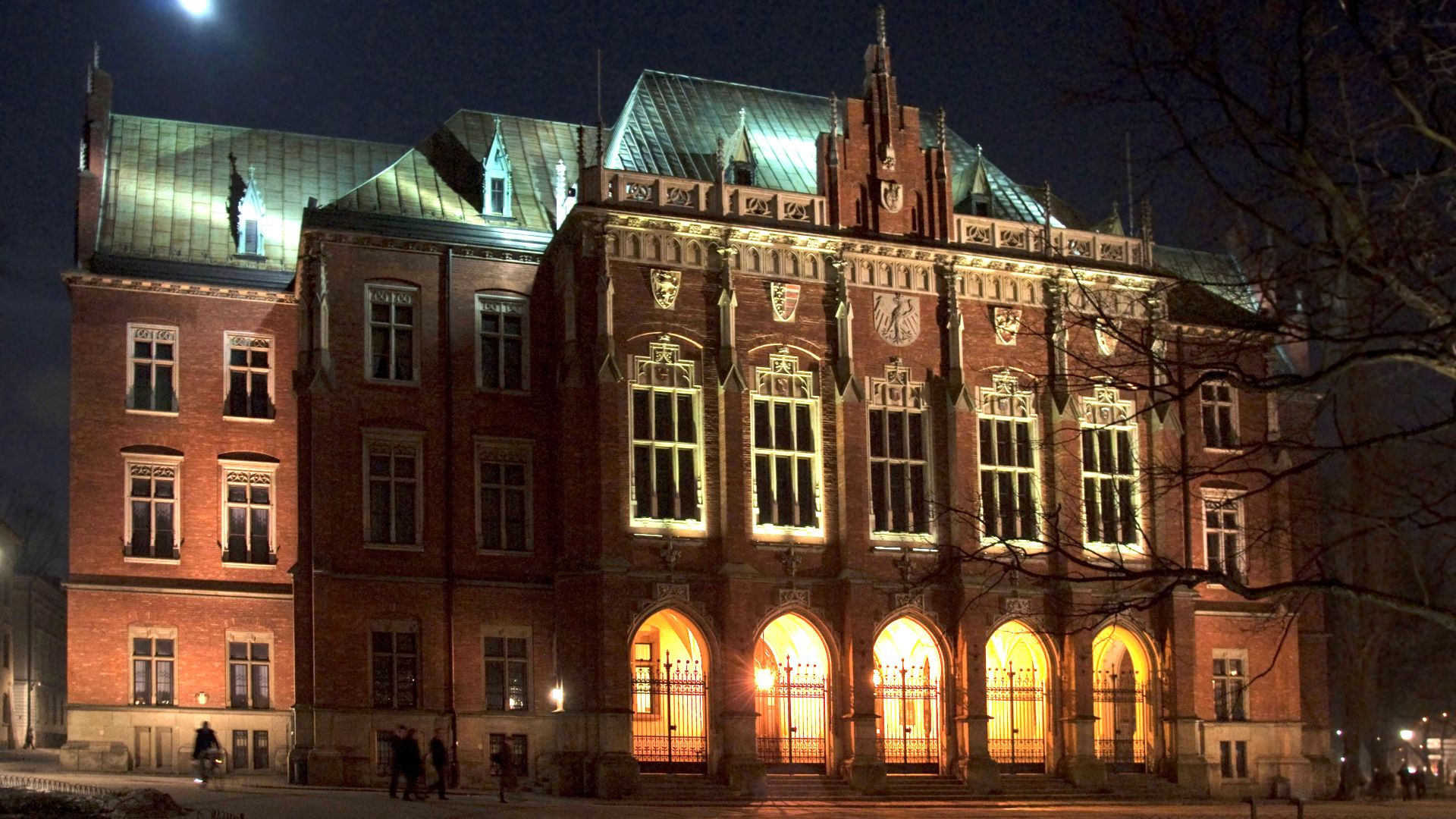 Chepry 💬 (Andrzej Barabasz) 📷 🇵🇱 on Wikimedia
Chepry 💬 (Andrzej Barabasz) 📷 🇵🇱 on Wikimedia
14. University Of Vienna
Since its founding in 1365 CE, the University of Vienna has been central to the city’s intellectual life. Originally focused on philosophy and music, it grew to reflect cultural changes while remaining a leading institution in Central Europe. Its influence endures in modern academia.
15. University Of Heidelberg
"Let knowledge be the light in dark times." Those words feel at home in Heidelberg. It has stood at the crossroads of Renaissance thought and modern science. It was established in 1386 CE and became a haven for thinkers like Ludwig Feuerbach, who shaped Europe’s most transformative ideas.
16. University Of St Andrews
Scotland’s first university didn’t emerge from royalty or wealth; it started with a group of determined scholars seeking autonomy. They found it in a coastal town shaped by wind and stone. They brought their books and began anew. It officially opened its doors in 1413 CE.
17. University Of Glasgow
Founded in 1451 CE, this university didn’t spring from marble halls but from grit and intellectual hunger. Glasgow’s academic roots grew beside shipyards and presses. It shaped the Scottish Enlightenment while staying grounded in practical science and the everyday language of progress.
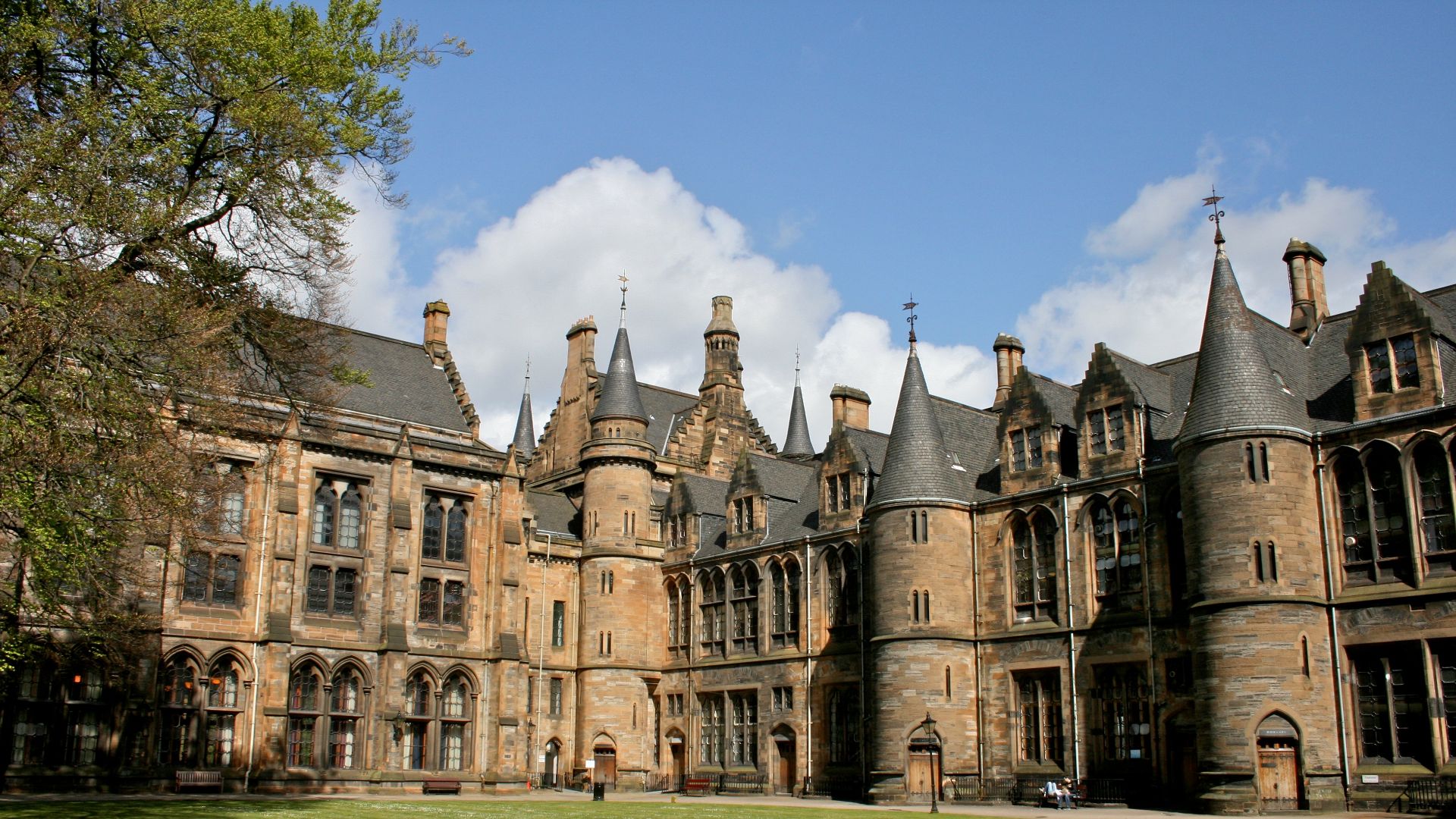 Photograph by Mike Peel (www.mikepeel.net). on Wikimedia
Photograph by Mike Peel (www.mikepeel.net). on Wikimedia
18. University Of Greifswald
Greifswald’s quiet streets mask centuries of deep academic tradition. Its roots were anchored in medicine and law, disciplines that still define it. The university began its mission in 1456 CE and has since remained a modest but influential presence along Germany’s northern edge.
19. University Of Copenhagen
It was born of Denmark’s desire to cultivate wisdom close to home. The university became a center for religious and poetic thought, eventually shaping much of Scandinavian intellectual life. Its first students walked through its doors in 1479 CE, and that legacy still walks the city today.
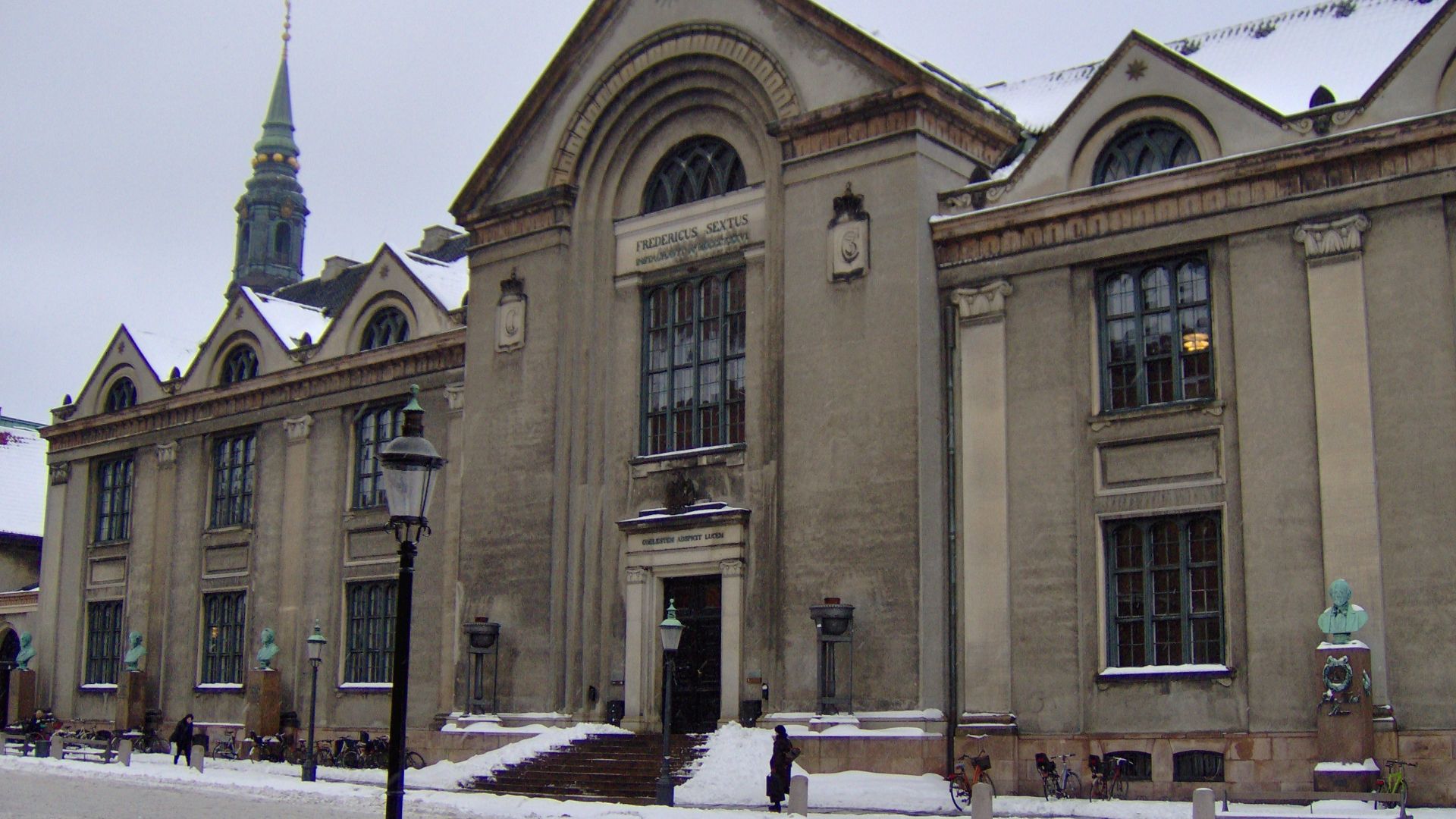 Charlotte S H Jensen from København, Danmark on Wikimedia
Charlotte S H Jensen from København, Danmark on Wikimedia
20. University Of Aberdeen
In 1495 CE, a Scottish bishop secured papal approval to open a university in the windswept north. Aberdeen became a link between medieval belief and Renaissance curiosity. Its twin campuses continue to honor a past represented by resilience and a relentless pursuit of truth.
KEEP ON READING

The 10 Youngest Monarchs In History & The 10 Oldest
Age Is Just A Number. Imagine being crowned king or…
By Chase Wexler Mar 11, 2025
You Think You Have Problems? These Royal Families Were Cursed
Boasson and Eggler St. Petersburg Nevsky 24. on WikimediaHeavy is…
By Ashley Bast Dec 5, 2025
You Can Thank This Greek-Canadian For Creating Pineapple On Pizza…
Love it or hate it, pineapple on pizza sparks debate…
By David Davidovic Dec 1, 2025
Yes, Australians Once Lost A Battle Against Flightless Birds
David Clode on UnsplashIn 1932, the Australian military went to…
By David Davidovic Nov 24, 2025
The Y2K Bug: Why Did Everyone Think Year 2000 Was…
Alan W on UnsplashOn December 31, 1999, people all over…
By Christy Chan Dec 22, 2025
WWI Messages in a Bottle Just Washed Up on Australia’s…
Jayne Harris on UnsplashA century-old message in a bottle was…
By Cameron Dick Nov 13, 2025





